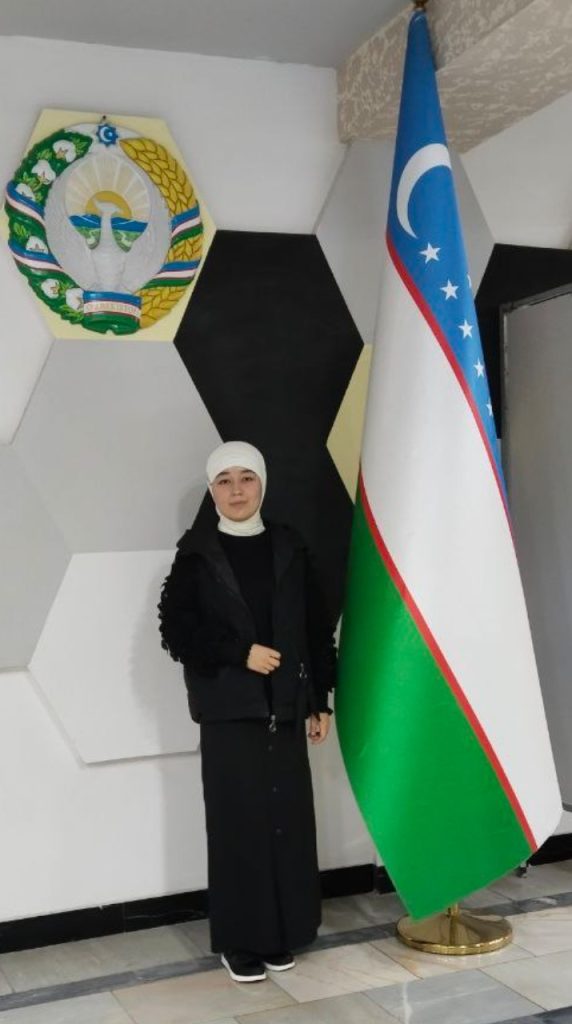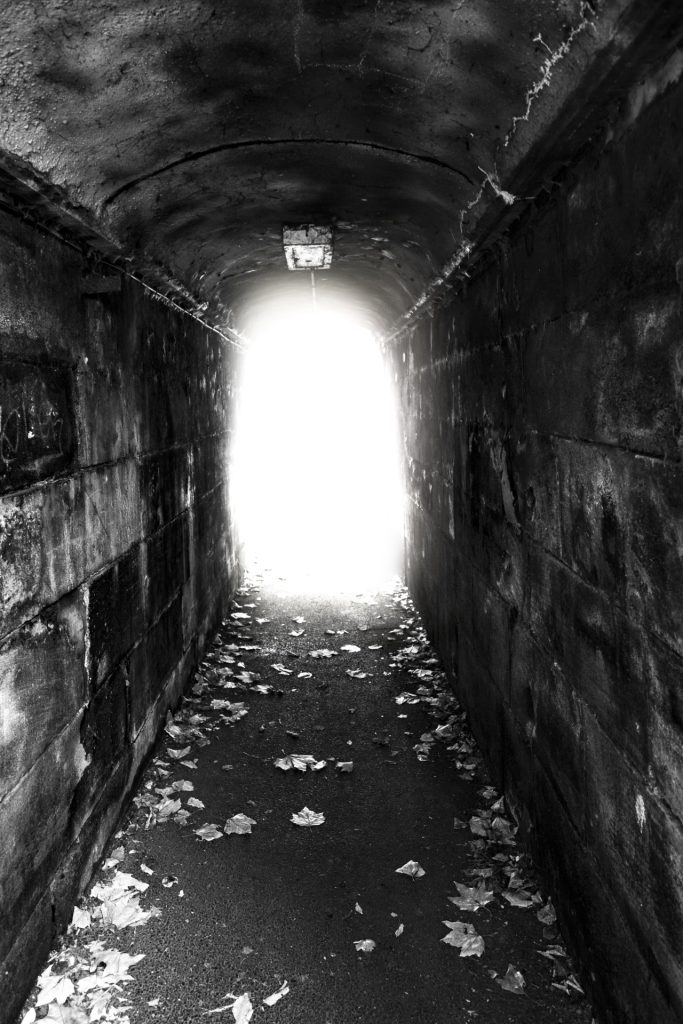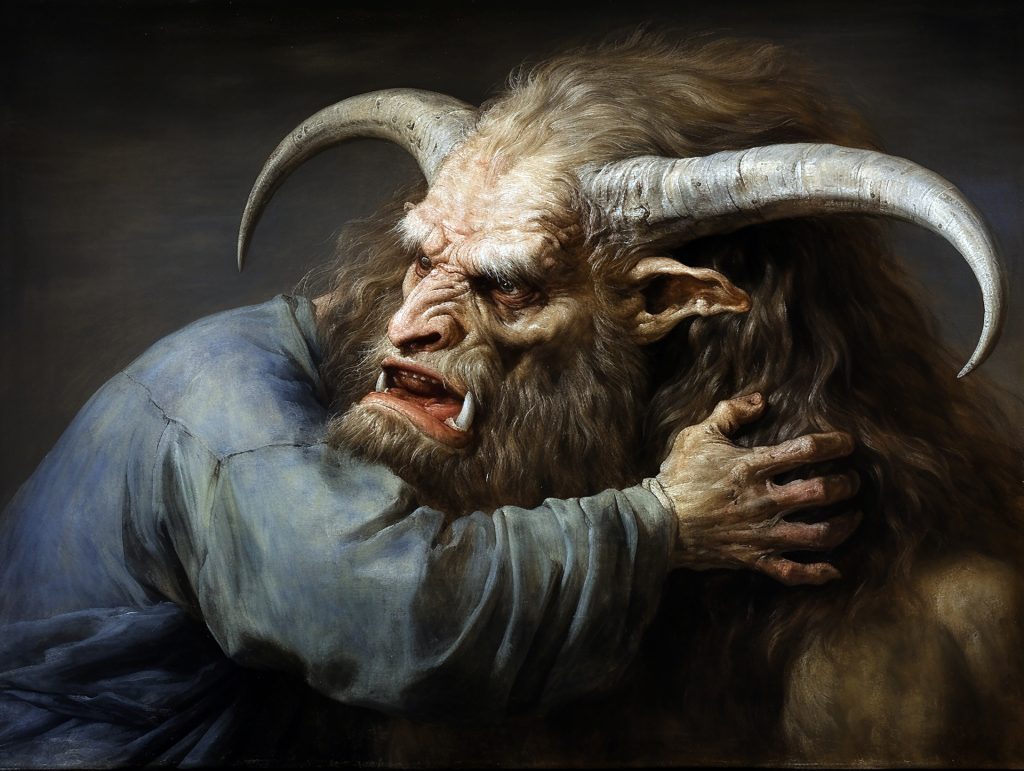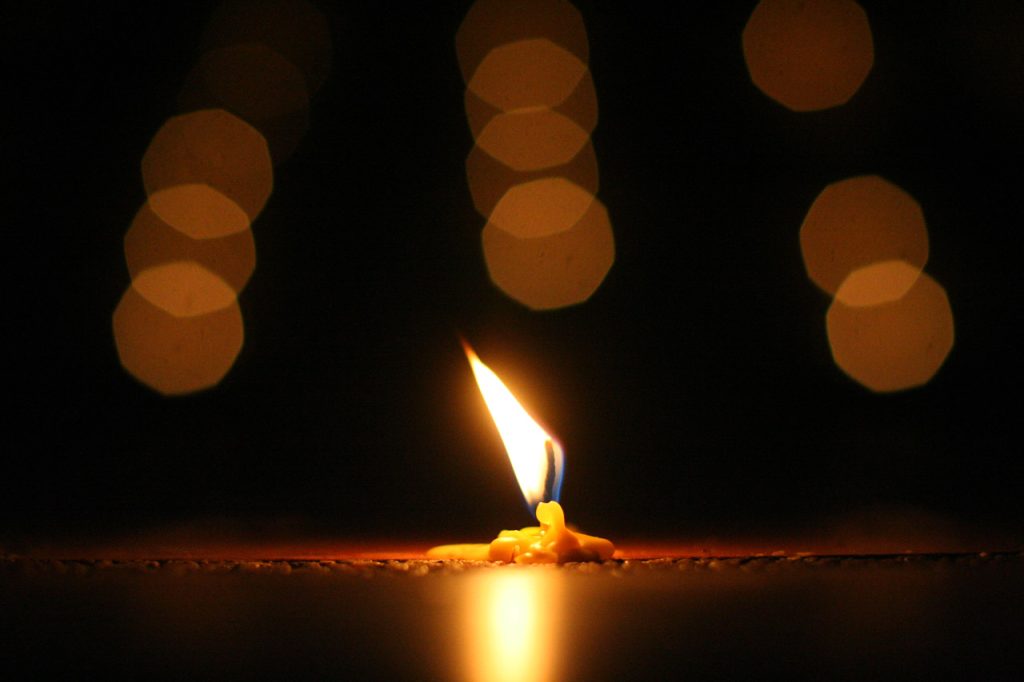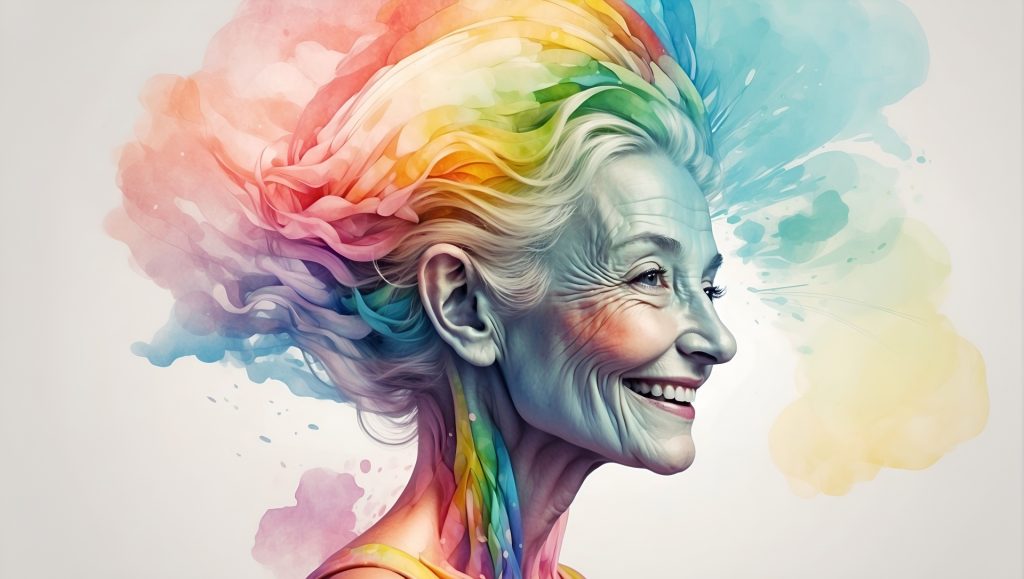***
Getting to know silence
The clouds in the sky burst silently
The veins on the arm burst silently
The dead cry silently
Thunder rumbles without any unnecessary sounds
Fish heads don’t scream
Even mosquitoes don’t squeak
A military pilot prepared to drop a quiet (but only for the time being) air bomb
***
the existence of clouds for the sake of the existence of rain
the creation of man for the sake of the creation of god
I know everything in the world except the truth
***
The future is water
The future is a spit
I collect spit and tears
I pretend that the cemetery is a space rocket
I pretend Im going to the stars
But in fact Im picking mushrooms in the forest after an explosion in the forest near
Hiroshima
***
Religion was invented for those
Who have not yet died
Each of us dreams of being Jesus Christ
Each of us is a baby
Вut where are the Magi
***
БОГ
ГОГ
LOL
LOLA
LOL A
LOL Æ
LOL
ГОГ
ВАН ГОГ
ONE GOG
VAN GOGH
VAH GOG
AH GOD
A DOG
AD OG
АД ОХ
ЛХ ОХ
ХХ ХХ
ОО ОО
Zero
Nothing
***
Chorus.
Silence.
Silence kills.
Silence is a source of information,
And the deader it is,
The more valuable it is.
Music.
The choir repeats the same thing,
Nailing silence to the emptiness.
Creepy, fascinating.
Chorus is loneliness.
It is unbearable to hear
How insanely lonely
Each individual voice is.
All voices arise from silence.
All voices arise from loneliness.
All voices are singing.
Singing is the twin of music.
Music is made up of sounds:
Silence and stillness.
Sound is a movement
That moves towards
The one who hears it.
Hear the silence while waiting
For the end of life.
Listen to silence
During your own apocalypse.
And sing.
Almost die.
Life is almost dead.
Death is almost beautiful.
Death is silence.
Death is a song
Without words,
Without a voice.
Chorus.
Silence.
Silence kills.
***
Blind people do not interfere with those who are happy. Night with silence. Occasionally there is the sound of cars on the street. Steps on the stairs. The noise of neighbors voices and the clatter of dishes.
A blind man is looking for a roof. The stars are shining and there is nowhere to hide from the shine. Its not snowing. There is no access to the roof.
A blind man is looking for a basement. A blind man plays hide and seek. The door to the basement is closed.
A blind man is looking for a home. A blind man does not want to live in a house without color. There is a sharpened knife on the table. The soul turns into a bird. The door is open.
***
I teach the lights to light up
I learn from people about combustion
Matches have no soul
Matches can break
You can build a house and death out of matches
The flowers in which the cemetery is floating are fake
Lighters are much preferable to matches
The peace of the grave is guarded by a cricket
***
no one knows
the autumn cemetery
as well as worms
***
the rain washes away the dirt
from the face of a homeless man
***
again no one was born
in the cemetery
***
the ship floats away
into the distance
the clouds float away
into the distance
people are floating away
no one will catch up with time
***
the grass opens
its spring temple
belatedly

